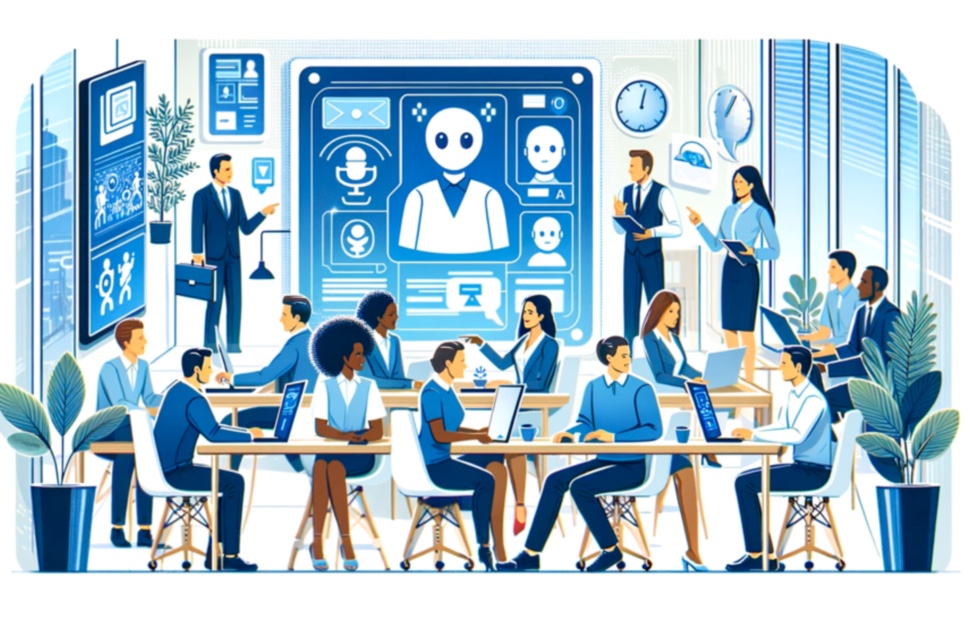In the relentless pursuit of productivity and work-life balance, companies worldwide are flirting with a tantalizing idea: the 4-day work week. This radical reimagining of the workweek promises to boost employee satisfaction, reduce burnout, and maintain, if not increase, productivity. But how can companies transition smoothly to this seemingly utopian work schedule without compromising their operational efficiency or bottom line? Enter Artificial Intelligence (AI), the silent powerhouse ready to turn this dream into a reality.

The AI Efficiency Makeover
AI doesn’t just promise efficiency; it delivers it on a silver platter. By automating routine tasks, AI liberates human employees from the drudgery of monotonous work. Imagine AI-driven tools handling data entry, customer inquiries, scheduling, and even preliminary design work. This not only speeds up processes but also frees up precious human hours, making the idea of compressing the work week into four days not just feasible but highly attractive.

Smarter Decision-Making
AI’s ability to sift through vast amounts of data and provide actionable insights can transform decision-making processes. From optimizing supply chains to personalizing marketing efforts, AI-powered analytics enable smarter decisions faster. This heightened efficiency means companies can achieve more in less time, paving the way for the shortened work week without sacrificing performance.

Enhanced Employee Engagement
The shift to a 4-day work week, supported by AI, can lead to unprecedented levels of employee engagement. AI tools can offer personalized training recommendations, monitor employee well-being, and predict burnout before it happens, allowing for timely interventions. This not only helps in maintaining a motivated workforce but also ensures that employees are at their productive best during the shortened work week.

AI as the Ultimate Project Manager
Project management can make or break the transition to a 4-day work week. AI-driven project management tools can optimize workflows, predict project timelines with greater accuracy, and ensure resources are allocated efficiently. By taking over the complexities of project management, AI allows human managers to focus on strategic decision-making and team building, crucial for thriving in a condensed workweek environment.

Challenges and Solutions
The road to a 4-day work week is not without its bumps. Questions about AI integration costs, the digital divide, and maintaining a company culture in a compressed work environment are valid concerns. However, strategic planning, phased AI integration, and a focus on digital literacy can mitigate these challenges. Moreover, fostering an open culture that embraces change can smooth the transition, turning potential obstacles into stepping stones towards innovation.
A New Era of Work
The 4-day work week, powered by AI, is not a distant dream but an achievable reality. By enhancing efficiency, enabling smarter decisions, improving employee engagement, and streamlining project management, AI acts as the catalyst for this transformative shift. As companies embark on this journey, they’re not just adopting a new work schedule; they’re embracing a new philosophy of work—one that values productivity through well-being, innovation through technology, and progress through sustainability. Welcome to the 4-day work week revolution, where working less means achieving more, thanks to AI.




